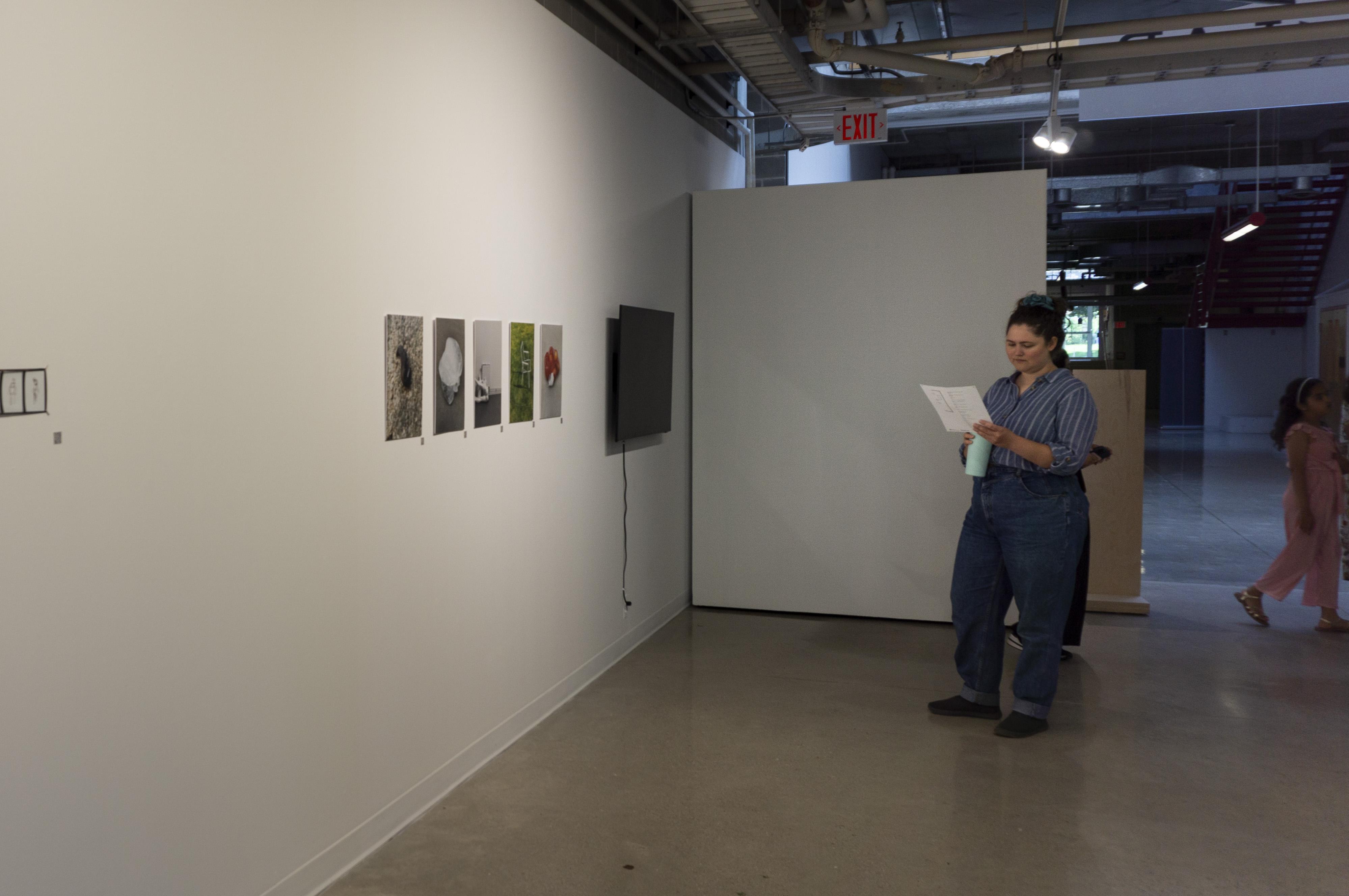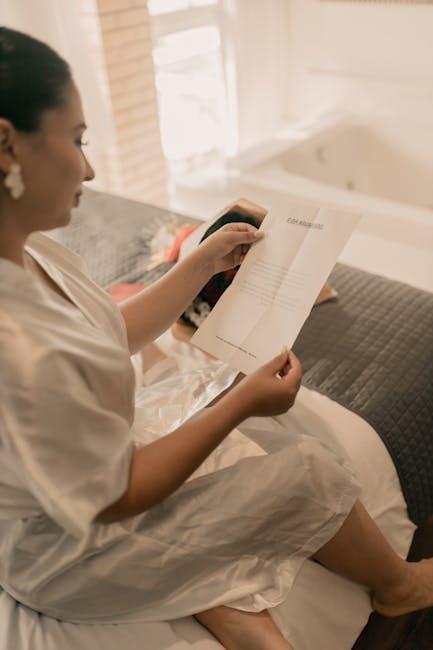In recent years, the burgeoning industry of private tutoring has become an integral component of the educational landscape, often marketed as a gateway to academic excellence. However, a critical examination reveals a disconcerting truth: the exorbitant cost associated with private tutors is frequently unjustifiable, particularly when measured against the average academic results they typically yield. This article delves into the economic and educational dimensions of this issue, scrutinizing the value proposition of private tutoring services. By analyzing empirical data and exploring case studies, we aim to uncover whether the promise of enhanced academic performance truly justifies the financial burden borne by families. In doing so, we challenge the prevailing narrative that equates financial investment in private tutoring with guaranteed academic success, urging a reevaluation of priorities in the pursuit of educational achievement.
Evaluating the Financial Burden of Private Tutoring
In a world where academic success is often perceived as a gateway to future opportunities, parents frequently resort to private tutoring to give their children a competitive edge. However, the financial implications of this decision can be staggering, particularly when the outcomes do not significantly exceed average academic results. Private tutoring fees can range from $30 to $100 per hour or more, depending on the tutor’s qualifications and location. When accumulated over weeks, months, or even years, this cost can quickly escalate, placing a substantial strain on family budgets.
Key factors contributing to the financial burden include:
- Hourly Rates: Tutors with specialized expertise or advanced degrees often charge premium rates.
- Frequency of Sessions: Regular sessions, sometimes multiple times a week, amplify the total cost.
- Additional Materials: Beyond hourly fees, the need for supplementary materials can further inflate expenses.
Despite these costs, studies show that the marginal improvement in academic performance often fails to justify the investment. In many cases, students achieve only slight increases in grades or standardized test scores, raising questions about the efficacy and value of such financial commitments. Parents must weigh the potential benefits against the considerable expense, considering alternative methods that may offer similar results at a fraction of the cost.
Analyzing Academic Outcomes Relative to Tutoring Expenses
The financial burden of hiring private tutors often weighs heavily on families, especially when the expected improvement in academic outcomes does not materialize. Analyzing the correlation between tutoring expenses and student performance reveals several key insights. Firstly, the impact of private tutoring varies widely depending on the quality and compatibility of the tutor, the student’s learning style, and the subject matter. While some students might experience notable improvements, others achieve only marginal gains, leading to an unsettling cost-benefit analysis.
- Quality vs. Cost: High fees do not always equate to high-quality tutoring services. The market is saturated with tutors who charge premium rates without delivering equivalent value.
- Performance Metrics: Academic success is not solely defined by grades. Critical thinking, problem-solving skills, and overall intellectual growth are often overlooked in favor of test scores, skewing the perceived effectiveness of tutoring.
- Alternative Solutions: Community programs, peer study groups, and online resources offer more cost-effective avenues for academic support, often yielding comparable or superior results.
The evidence suggests that the expense of private tutoring is often disproportionate to the academic outcomes achieved. As families weigh their options, it becomes crucial to assess not just the financial investment, but also the holistic educational value and long-term benefits of such services.

Exploring Alternative Methods for Achieving Academic Success
In the pursuit of academic excellence, students and parents are increasingly seeking alternatives that promise effectiveness without the hefty price tag of private tutors. The proliferation of online learning platforms and educational apps provides a myriad of resources that can be tailored to individual learning styles. Interactive video lessons, gamified learning experiences, and adaptive learning technologies offer personalized education that can be both engaging and efficient. These methods not only cater to the unique pace of each learner but also encourage self-motivation and critical thinking, essential skills for lifelong success.
Moreover, community-based learning initiatives are gaining traction as viable alternatives. Study groups, peer tutoring, and mentorship programs within schools or local libraries can significantly enhance understanding and retention of academic material. These resources often come at little to no cost and foster a collaborative learning environment. Students benefit from shared knowledge and diverse perspectives, which can lead to improved academic performance and personal growth. Embracing these alternative methods can redefine what it means to achieve academic success, making it more accessible and sustainable for all.

Recommendations for Cost-Effective Educational Support
In today’s educational landscape, seeking out alternatives to costly private tutors is both a practical and strategic approach. Here are some cost-effective methods to support academic growth:
- Online Learning Platforms: Websites like Khan Academy, Coursera, and edX offer free or low-cost courses on a wide range of subjects, allowing students to learn at their own pace and revisit complex topics.
- Peer Study Groups: Encouraging students to form study groups can enhance understanding through collaborative learning. These groups foster discussion, accountability, and motivation.
- Library Resources: Public and school libraries often provide access to textbooks, study guides, and digital resources. Many also host free workshops and tutoring sessions.
- Community Centers: Many local community centers offer tutoring programs or homework help, often at a fraction of the cost of private tutors.
- Educational Apps: Tools like Duolingo, Photomath, and Quizlet can supplement learning with interactive exercises and quizzes.
By leveraging these resources, students can achieve meaningful academic results without the financial burden of private tutoring.



